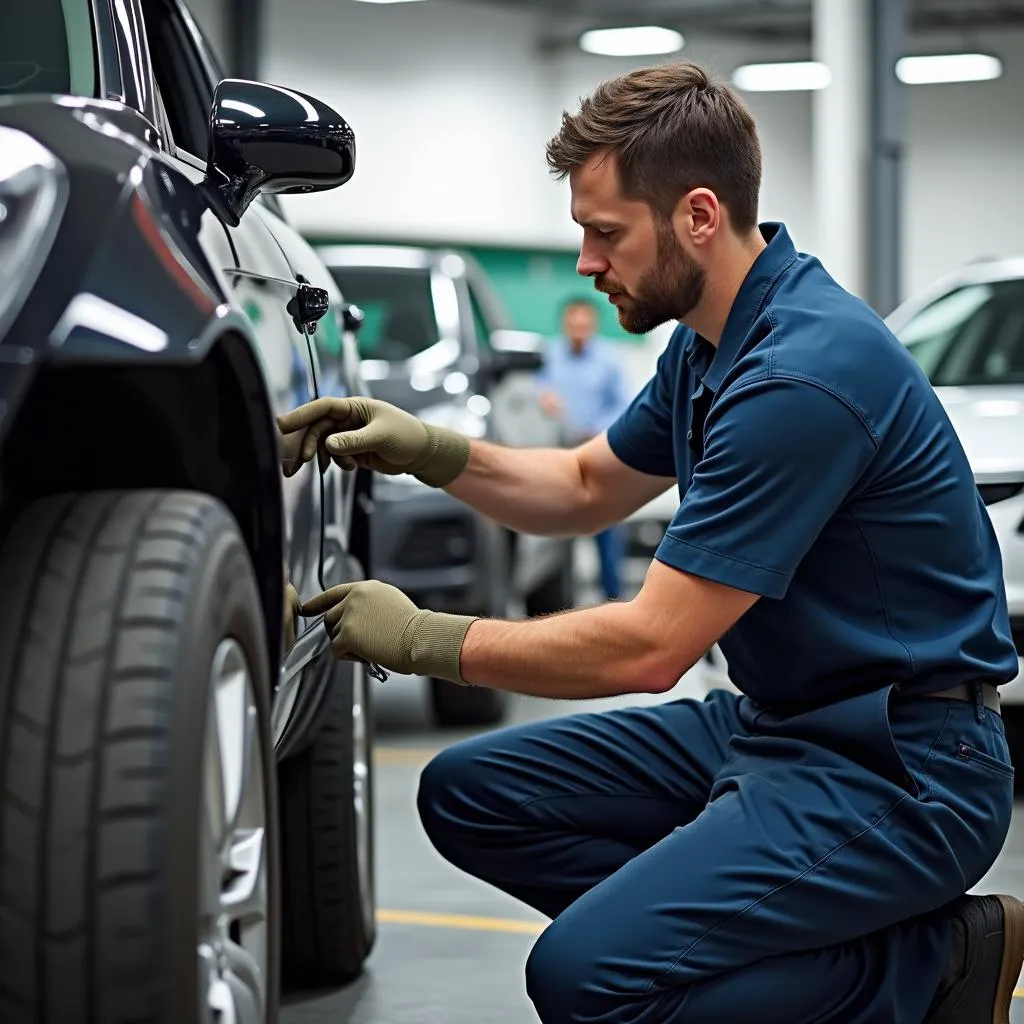Imagine this: you’ve decided to buy a used car, but you’re not sure where to start. You know that dealerships have a wide selection, but you also want to make sure you’re getting a good deal. You’re looking for a reliable car that meets your needs and budget, and you want to avoid any hidden problems. This is where understanding how dealers sell used cars can be really helpful.
Why Are Dealers Used Cars Popular?
Dealerships are popular for buying used cars because they offer various benefits that private sellers often don’t:
Dealer Perspective:
- Inventory: Dealerships have a large selection of used cars to choose from, making it easier to find the specific model, year, and features you want.
- Warranties: Dealerships often offer warranties on used cars, which can give you peace of mind and protect you from unexpected repairs.
- Financing: Dealerships can help you secure financing, making the purchase process more convenient.
- Inspection: Many dealerships have their own mechanics who inspect the cars before they are put on the lot.
Technical Perspective:
- Reliability: Dealerships generally have better access to vehicle history reports (like Carfax) and can often provide more detailed information about the car’s condition.
- Expertise: Dealerships employ experienced sales professionals who can answer your questions and help you make the right decision.
Economic Perspective:
- Negotiation: Even though dealerships have a fixed price, you can usually negotiate with them to get a better deal.
- Trade-in: Dealerships often allow you to trade in your old car, which can help offset the cost of a new purchase.
Buying a Used Car From a Dealership: A Step-by-Step Guide
Here’s a step-by-step guide to buying a used car from a dealership:
1. Research and Decide on Your Needs:
- Determine your budget: How much can you afford to spend on a used car?
- Identify your needs: What kind of car are you looking for? Sedan, SUV, truck, or something else? What features are essential?
- Consider your lifestyle: How will you be using the car? For commuting, family trips, or both?
2. Shop Around and Compare Prices:
- Visit different dealerships: Look at the inventory of several dealerships to get a sense of the market.
- Compare prices: Get quotes from different dealerships and compare the prices of similar cars.
- Use online resources: Websites like Kelley Blue Book and Edmunds can help you research car values and compare prices.
3. Test Drive and Inspect the Car:
- Test drive the car: Take the car for a spin to get a feel for how it handles.
- Inspect the car: Look for any signs of damage or wear and tear. Ask the dealer about the car’s history and any maintenance it has received.
4. Negotiate the Price and Financing:
- Negotiate the price: Once you’ve found a car you like, try to negotiate a price with the dealer.
- Consider financing options: If you’re financing the car, shop around for the best rates.
- Review the contract: Before signing anything, carefully read the contract and make sure you understand all of the terms.
Tips for Buying Used Cars from Dealerships
Here are some additional tips to keep in mind:
- Be prepared: Before you start shopping, research the cars you’re interested in, get pre-approved for financing, and set a budget.
- Don’t be afraid to ask questions: Ask the dealer about the car’s history, any known issues, and the warranty.
- Get a pre-purchase inspection: A pre-purchase inspection from an independent mechanic can help you identify any potential problems.
- Trust your gut: If you feel uncomfortable or pressured, walk away.
FAQs about Dealerships Used Cars
1. Are used cars from dealerships more reliable than private sellers?
Dealerships often have better access to vehicle history reports and can provide more information about the car’s condition, which can lead to a more reliable purchase.
2. How much do used cars from dealerships cost?
The price of a used car from a dealership will vary depending on the make, model, year, condition, and mileage. It’s important to shop around and compare prices before making a purchase.
3. What are the pros and cons of buying a used car from a dealership?
Pros: Larger selection, warranties, financing options, and potential for negotiation.
Cons: Higher prices compared to private sellers, potential for pressure sales tactics.
Conclusion
Buying a used car from a dealership can be a great way to find a reliable and affordable vehicle. By following these tips and doing your research, you can ensure that you’re getting a good deal and a car that meets your needs. Remember, if you have any questions or concerns, don’t hesitate to reach out to a trusted mechanic for advice.
 Dealership used car inspection
Dealership used car inspection
Looking for expert guidance on diagnostics tools for European cars? Connect with us on Whatsapp: +84767531508, and our team of automotive professionals can assist you 24/7.


